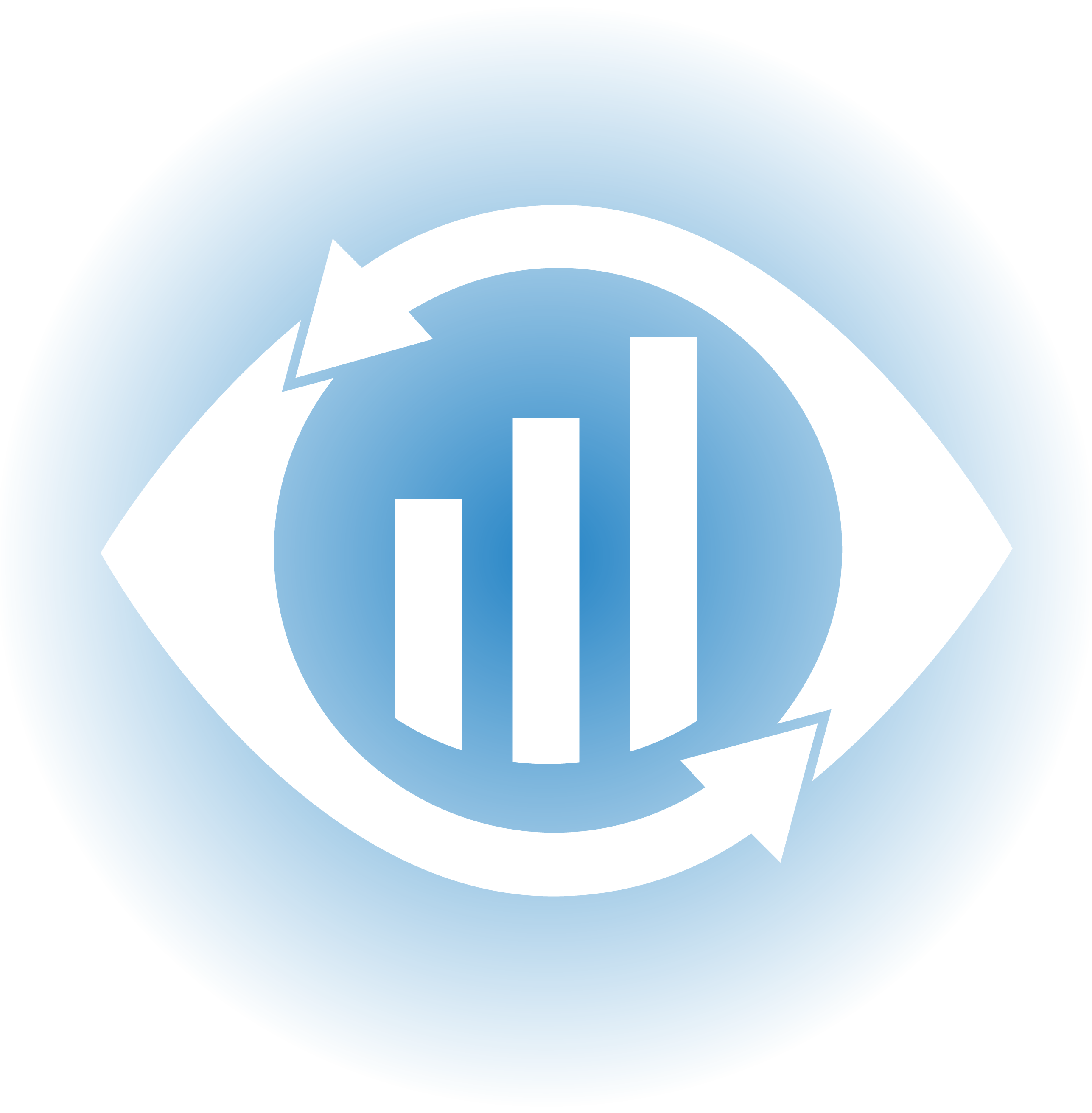Every day we leave behind a trail of personal data. Google Maps tracks our movements, Netflix records our entertainment preferences, Amazon watches over our shopping habits and Alexa keeps tabs on our questions. And every time we click on ‘accept all’ in that privacy box, we’re agreeing to have our personal data stored somewhere in the cloud.
If I were to ask a typical customer whom they’d trust with all those data, what do you think they’d say?
Knowing that Google uses what you write in your Gmail to select frighteningly relevant ads to appear next to your email, how much do you trust Google with your data? And were you aware that in 2019 Amazon filed a patent for ‘silent listening’, which could potentially enable Alexa to eavesdrop on every conversation you have. So, if you and your partner discuss a possible trip to Tenerife, would you be surprised (and a little bit nervous) to receive a strategic contextual message that says, ‘British Airways is offering flights to Tenerife’?
Or what about your health data? Fitbit and the Apple Watch 6 are so intelligent that when a friend of mine recently slipped and fell, his device asked if he had hurt himself.
Aetna, the second largest health insurance company in the US, has teamed up with Apple for its health programme, ‘Attain by Aetna’ — a smartphone app that can earn its members rewards. In brief, ‘Attain’ works by assigning users daily ‘active calorie targets’, which they can earn through activities such as yoga, swimming, running or even just walking — their watch will keep a record of these activities. If they accumulate enough points, they could earn a free Apple Watch. And if they have one already, they will be given gift cards instead.
So, Aetna is encouraging its clients to use an Apple Watch. But do you trust Apple with all your health information, along with all the other data you leave behind as you surf the web with Safari, listen to music on iTunes, and store your photos on iCloud?
Sometimes we’re not even aware of the data trails we leave behind. Let’s take your car key, for instance. When you go to sell your car or purchase new auto insurance, forget about claiming you never exceed the speed limit. My experience working for several car brands over the years has made me realise that today’s car keys can store their owner’s entire driving history. Your key unlocks the truth.
The natural home for our personal medical and behavioural data is a bank
In other words, every time we make contact with technology — which is just about all day, every day — we add to an image of ourselves that would even shock our parents, a personal psychological profile so accurate that invisible entities predict our preferences before we articulate them to ourselves.
The ‘natural home’ on these data isn’t entirely clear. I’m old enough to remember when computer games first entered the market. At that time, I was asked a similar question: ‘Who should own distribution of computer games?’ This entirely new industry with ‘never before seen’ products didn’t have a natural home. We considered the post office and the petrol station. Never in a million years would we have imagined a gaming industry nearly two times bigger than the movie industry. In fact, the post-pandemic video games industry is bigger than the movie industry and the North American sports industry combined, with a turnover expected to surge by 20% to $179.7bn in 2020.
My question today is: Where’s the natural home for our personal medical and behavioural data?
It comes down to trust, and I think there’s no better, more trusted home than a bank. We trust banks to protect our financial assets, our will and all our essential documents. Sure, there have been hiccups now and then, but nowhere near as severe as those of the tech companies. Among Facebook’s numerous privacy breaches is one involving the data of 533 million users, and Facebook has been glacially slow to admit they have a privacy problem.
As blockchain technologies sneak into every aspect of finance, transforming banking as we know it, we should keep in mind that banking is not about money. At its core, banking is about trust. No trust, no bank: it’s as simple as that. However, if trust is the product, why don’t banks decide to truly own the concept?
I picture our lives as rings in the water. At the centre is our deeply personal data. The next ring is our health data. Beyond that, you’ll see the data we share with our friends on social media. Why don’t banks step up to manage all those data points on our behalf? They could negotiate with Facebook’s efforts to monetise our information, double-check Apple’s small print, and bargain with our health insurance companies as they download our health records from Fitbit.
What I’m proposing is pretty simple, isn’t it? Since banking is the natural home of trust, shouldn’t it be the natural home of the billions of data points we aggregate throughout our lives? Depending on a bank would impart a renewed sense of security, rather than having no choice but to rely on Alexa for advice in a desperate moment. Because guess who Alexa would advise us to trust.
Martin Lindstrom is an author and founder of Lindstrom Company, a business transformation group.

